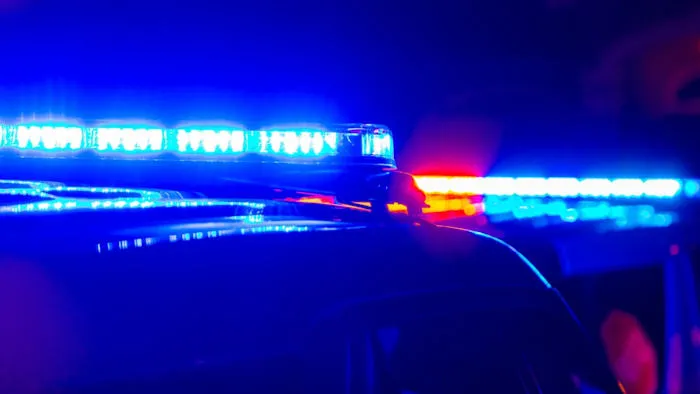HOUSTON - Labor Day weekend marks the unofficial end of summer, and law enforcement agencies across Harris County are stepping up enforcement as the region continues to lead the nation in drunk driving deaths.
From 2017 to 2023, the Harris County Precinct One Constable's Office reported an average of 187 DWI deaths per year.
On Friday alone, authorities made 100 DWI arrests in Harris County. The timing comes as the "100 Deadliest Days of Summer," the stretch between Memorial Day and Labor Day, comes to a close, a period when crashes involving impaired drivers historically spike.
For families like Marcus Nalepa's, the dangers of drunk driving never fade. His 8-year-old daughter, Kelsey, was killed in 2017 when a drunk driver slammed into their car stopped at a red light.
"It changed our world forever," Nalepa said. "The person that decided to get into a vehicle intoxicated and took everything from her, her future, her dreams, her hopes."
Lieutenant Bradley Sternberg with Harris County Constable Precinct One has spent three decades in law enforcement and said the hardest part of the job is responding to crashes involving children or making the phone call to families whose loved ones never made it home.
"DWI is 100% preventable. It can always be avoided," Sternberg said. "When you choose to go out and drink and drive, you are essentially driving a weapon, potentially killing another family that happens to be driving down the road, minding their own business."
According to the Harris County District Clerk's Office, here are the numbers of DWI cases filed:
- 2025 (so far): 8,176
- 2024: 12,719
- 2023: 12,074
Sternberg says those numbers highlight the ongoing challenge.
"Unfortunately, Texas as a whole, and Harris County generally, leads the nation in DWI fatalities and has year after year. We're not going to quit until we succeed," said Sternberg.
This holiday weekend, law enforcement agencies are collaborating on a "No Refusal" initiative. That means if a suspected impaired driver refuses a breathalyzer, officers can quickly obtain a warrant to draw a blood sample.
Judges, prosecutors, and even on-site phlebotomists are working around the clock to streamline the process.
